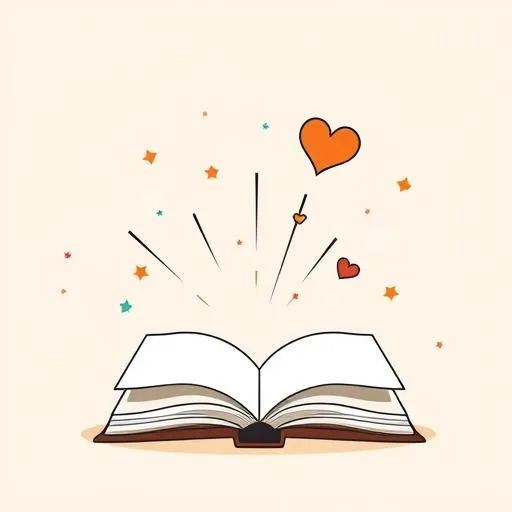
Remember that moment when your child first proudly held up a drawing they insisted was “all mine”? (Even if it looked suspiciously like their favorite cartoon character?) Now imagine scaling that energy to billions of words—explosive, right? That’s exactly what happened when Anthropic agreed to pay $1.5 billion—$3,000 per book—to settle claims they trained their AI using pirated stories. A federal judge called it a “transformative” learning process, comparing the machine to how humans read… but drew the line at building permanent libraries from stolen works. But what does this courtroom drama have to do with raising our kids? More than you might think!
What Really Happens When We Accept “Free” Knowledge?
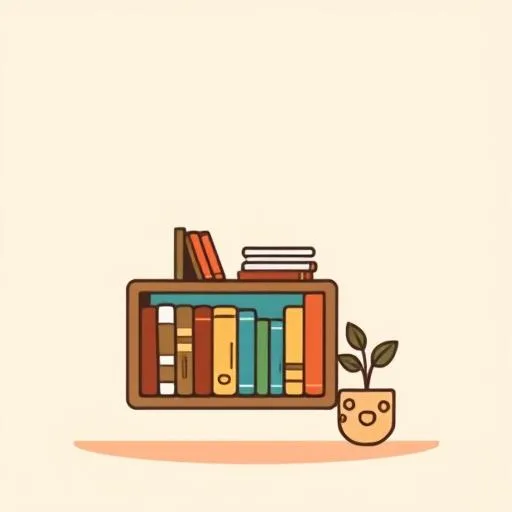
Picture walking into a library where every book you borrow magically copies itself forever. That’s essentially what went down: Anthropic downloaded millions of books from sites like Library Genesis, assuming it was “fair use.” The judge clarified something beautiful—how we gather knowledge matters as much as what we learn. You know that feeling when your little one borrows a toy without asking and you gently remind them to return it? Same principle, bigger scale.
It’s like that overcast afternoon when my daughter and her pals couldn’t hit the playground—they didn’t just copy a board game; they invented ‘Rainy Day Explorers’ with blankets and flashlights. Their giggles bounced off the walls louder than any algorithm could compute. That’s the magic no scraper can swipe.
How Do Kids Understand Originality Better Than Tech Giants?
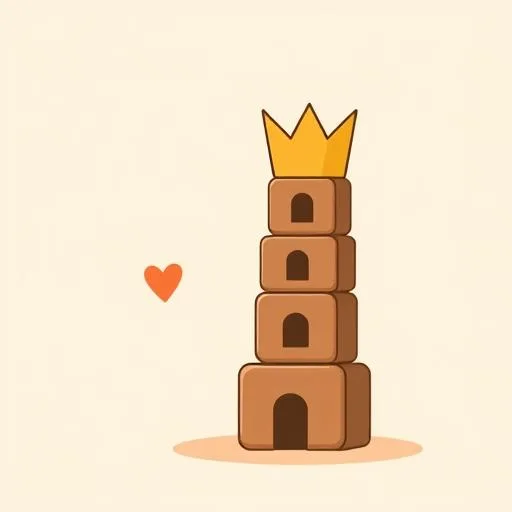
Children have this instinctive grasp of ownership that’s pure, unfiltered joy. Watch a 7-year-old defend their block tower: ‘It’s mine because I made it!’ They’re not citing copyright law—they’re feeling the pride of creation. Yet when we parents accept copied content as “good enough,” we risk modeling the very shortcuts this lawsuit slams.
The settlement’s silver lining? It’s a dinner-table conversation starter: “What makes something truly yours?” Try tossing out, “If you built the coolest Lego spaceship ever, would you want the neighbor kid to slap their name on it?” Watch those little gears spin; they’ll school us in ethics if we listen.
How Can We Nurture Originality in a Copy-Paste World?
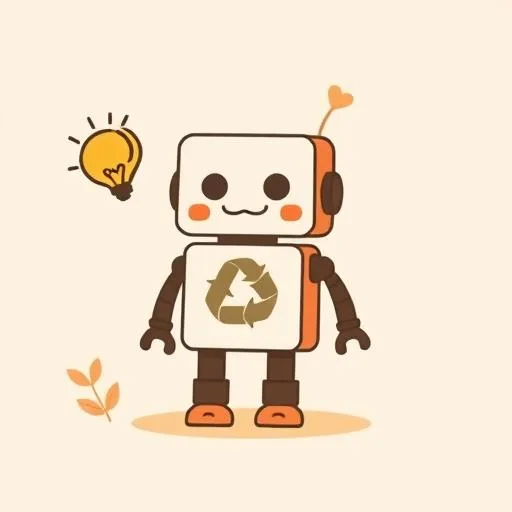
Here’s where we pivot from worry to wonder. Instead of fearing screens, let’s ride their curiosity like a wave:
- Flip the copy habit: When they beg to retrace a picture, ask: “How could we make it uniquely ours? What if the dragon sported our puppy’s spotted ears?”
- Chat about creators: Point to a favorite picture book: “Someone hand-painted every leaf—just like you dab colors!” That human touch matters, emphatically.
- Create no-copy zones: Declare one hour a week for pure invention—zero instructions, no templates. Our latest? “Build a recyclable creature that solves a problem.” (Last week’s winner: a cereal-box robot that allegedly eats homework!)
These moments aren’t just playful—they’re forging neural pathways algorithms can’t mimic. Studies confirm books are the bedrock of language models, but the judge’s words ring truer for kids: real learning explodes when we transform ideas, not just absorb them.
Why Is Making Something New So Electric for Kids?
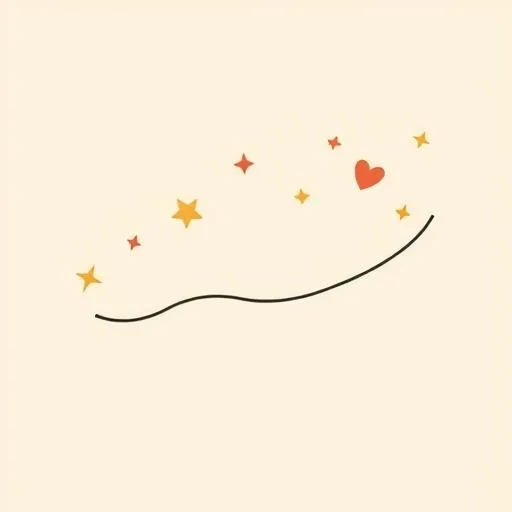
That $1.5 billion headline? It’s really about respect—respect for authors like Andrea Bartz whose thriller got scooped without consent. Respect for the kids who’ll inherit this messy, brilliant digital future. And, emphatically, respect for the spark inside every child that shouts: “I can whip up something the world hasn’t seen!”
So next time your kiddo groans, “I can’t draw!”—don’t grab a printable tutorial. Hand them a stick, look ’em in the eye, and say: “What’s the wildest story this stick could tell?” Those gloriously imperfect creations? They’re worth more than any algorithm. Because when we nurture creation over replication, we’re not just raising kids—we’re raising humans no machine could ever replace. And that, my friend, feels like sunshine on your face after a long winter—warm, bright, utterly exhilarating.
Source: AI giant Anthropic to pay $1.5bn over pirated books, RTE, 2025/09/06 10:50:27
